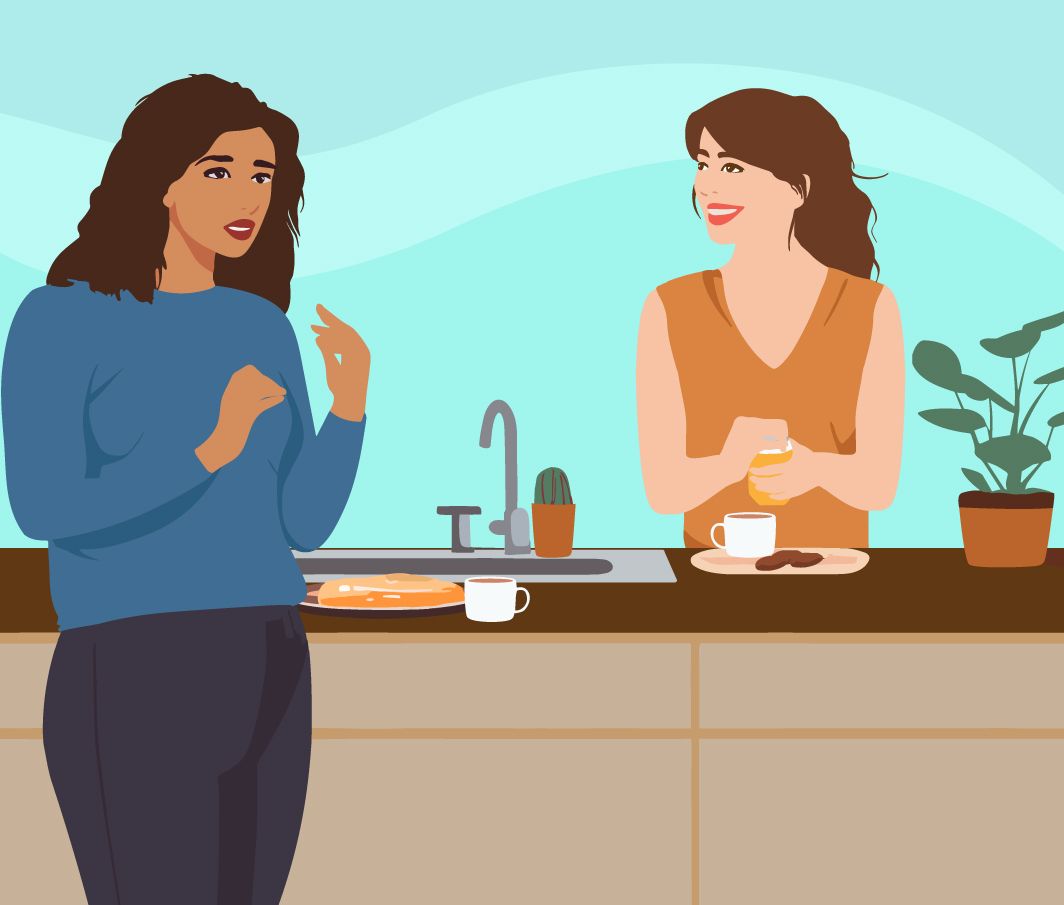Support with daily life
There are organisations that can help you with the different challenges in daily life.

Poutokomanawa
There are organisations that can help you with the different challenges in daily life.

There are different people in your community that can provide you with care you need.
Explore things you can try that can get you on a pathway to feeling better.
"It’s not a sign of weakness or anything. You know, sometimes we go through times in our life where we are vulnerable and we just need a little bit of extra support.”
Discover websites, apps and helplines made in Aotearoa to support your mental wellbeing.

This website is lovingly managed by the dedicated team at Te Whatu Ora | Health Promotion. We've collaborated with those who've bravely navigated life's challenges, skilled health practitioners and community leaders to craft this website.
We're here to offer understanding, validation and practical advice for those navigating depression and anxiety. Our mission is to lessen the impact of these challenges on New Zealanders' lives by promoting early recognition, encouraging help seeking and fostering supportive communities.
This website is lovingly managed by the dedicated team at Te Whatu Ora | Health Promotion. We've collaborated with those who've bravely navigated life's challenges, skilled health practitioners and community leaders to craft this website.
We're here to offer understanding, validation and practical advice for those navigating depression and anxiety. Our mission is to lessen the impact of these challenges on New Zealanders' lives by promoting early recognition, encouraging help seeking and fostering supportive communities.